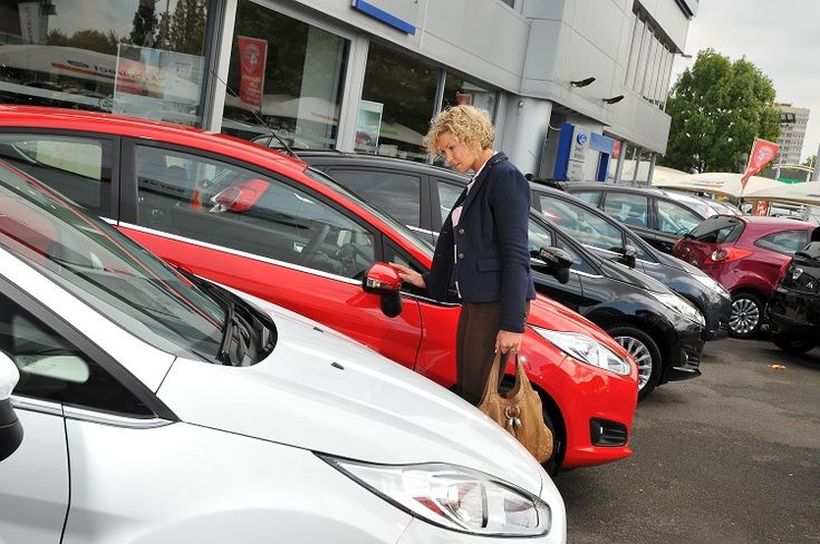When considering purchasing a vehicle, the choice between acquiring a pre-owned one or a completely new model holds great significance. Both alternatives have distinct pros and cons and being well-informed about these aspects can substantially influence your overall contentment and financial stability. This guide will extensively explore the advantages and disadvantages of purchasing a pre-owned car, adding invaluable perspectives to aid you in making a knowledgeable choice.
Quality and Reliability
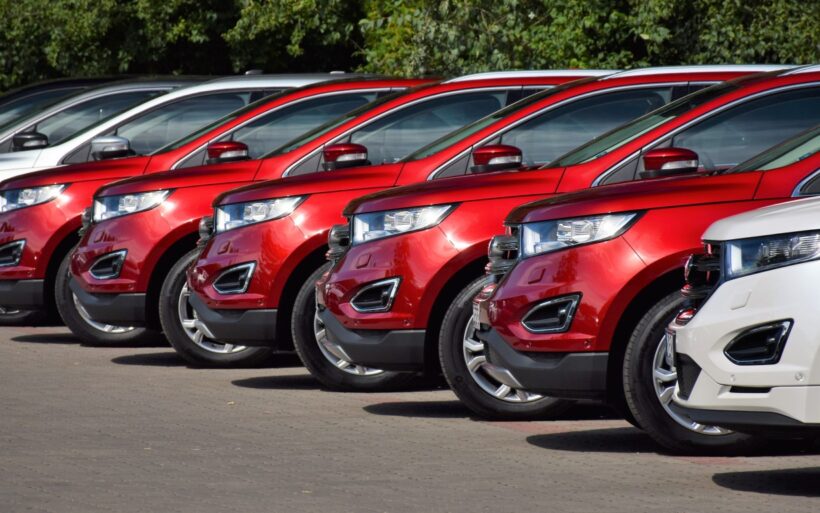
A common misunderstanding regarding pre-owned cars is that they are of lower quality and less dependable than their newer counterparts. However, this belief is not completely accurate. Lots of used cars maintain exceptional condition, according to Merchants Auto, and can offer dependable transportation over an extended period. In fact, some used cars have a proven track record of reliability and durability, often outperforming expectations. Conducting comprehensive research and thoroughly examining the vehicle prior to purchase is crucial to confirm its quality and dependability. Utilizing car history reports, seeking maintenance records, and considering certified pre-owned options can provide valuable insights into the car’s condition and help dispel any doubts about its reliability. Buyers should also seek a trusted mechanic’s opinion to ensure they’re making a wise investment and choosing a used car that meets their expectations for performance and longevity.
Lower Purchase Price
One major benefit of purchasing a pre-owned vehicle is the reduced upfront cost. Used cars come with a lower price tag compared to brand-new ones, providing substantial cost savings. This can prove highly advantageous, especially if you’re working within a constrained budget or aiming to cut down on your expenditures. The lower cost of used cars allows you to allocate your financial resources more efficiently, considering other important aspects of your life, such as housing, education, or investments. Additionally, the reduced upfront cost of a used vehicle means you may require a smaller loan amount, potentially leading to better terms and overall less financial strain. It’s a prudent financial choice that can free up funds for other essential needs or pursuits in your life.
Depreciation and Resale Value
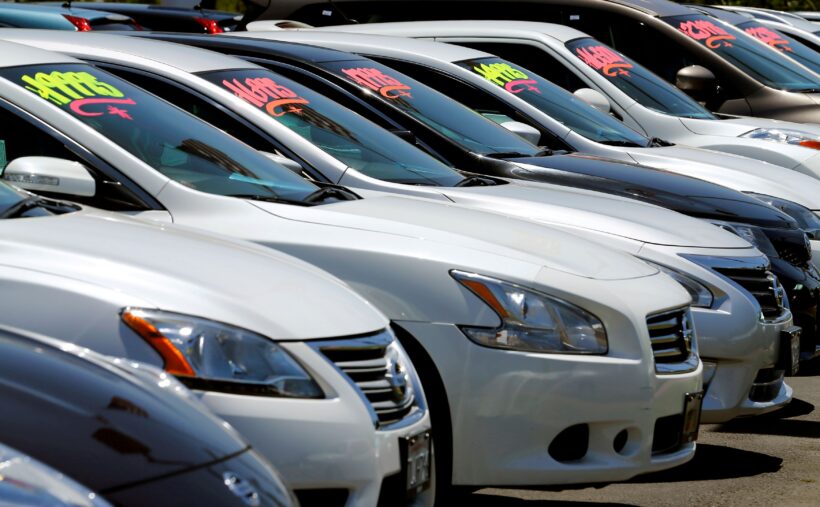
An additional benefit of opting for a pre-owned vehicle is the reduced pace of devaluation. Newly purchased cars tend to experience a rapid decline in value, especially within the initial years of ownership. On the other hand, used cars have already undergone a major part of their devaluation, resulting in better preservation of their value as time progresses. This is advantageous if your intention is to sell the vehicle at a later date.
Wider Selection of Models
When purchasing a brand-new vehicle, you’re typically confined to the most current models on the market. On the other hand, opting for a used car opens up a broader array of choices. You have the opportunity to explore models that are no longer being manufactured or scarce editions that might not be accessible as brand-new vehicles. This flexibility lets you find a vehicle that aligns more accurately with your tastes and requirements.
Potential Maintenance Costs
Even though used automobiles often come with a more affordable buying price, it’s essential to factor in potential maintenance expenses. Aged vehicles might necessitate more regular repairs and upkeep compared to brand-new vehicles. Nonetheless, by adequately keeping up on the vehicle and promptly attending to any concerns, you can mitigate these expenditures. It’s also recommended to have a reliable mechanic assess the vehicle before finalizing the purchase to detect possible issues.
Insurance Rates and Coverage
The insurance premiums for pre-owned vehicles are typically less than those for new ones. The rationale behind this is that used cars have a lower monetary value, resulting in reduced potential payouts for insurance companies in the case of accidents. Moreover, this scenario often allows for greater freedom in selecting insurance coverage that aligns with both your requirements and financial constraints.
Ownership History and Car Reports
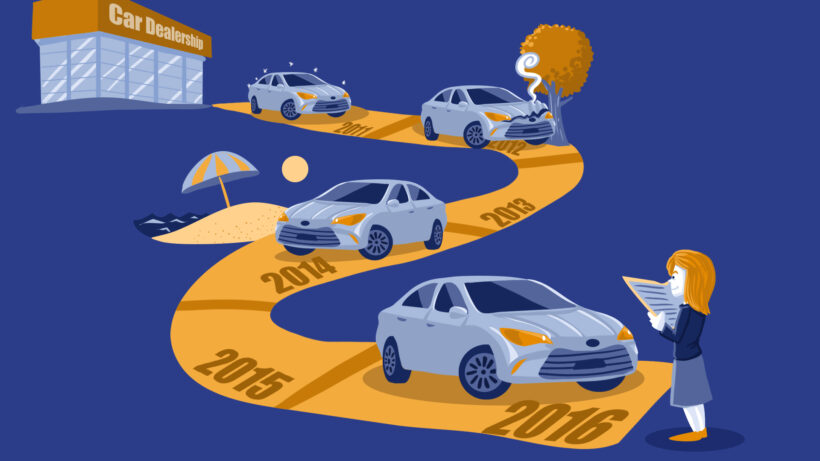
Prior to acquiring a pre-owned vehicle, it’s vital to look through its ownership records and vehicle reports. These documents offer crucial insights into the car’s previous background, encompassing past accidents, repairs, or title complications. Analyzing these reports empowers you to make a well-informed choice and steer clear of possible issues down the road.
Environmental Impact
Purchasing a pre-owned vehicle can also benefit the environment in ways you might not expect. The production of a new automobile involves lots of resources and energy usage, which in turn contributes to the release of carbon emissions and environmental harm. By choosing a pre-owned car, you actively diminish the need for freshly manufactured vehicles, thus lessening your carbon footprint and environmental strain.
Furthermore, reusing an existing vehicle rather than manufacturing a new one also promotes the efficient use of materials and reduces the burden on raw material extraction processes. This not only helps conserve natural resources but also lessens the energy required for manufacturing, aligning with sustainable practices and reducing the overall ecological impact associated with automobile production.
Financing and Loan Options
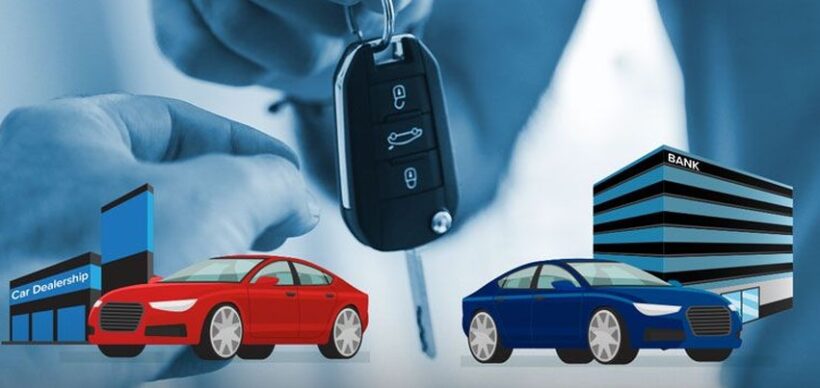
Financing a used car is generally easier compared to a new car. Many banks and financial institutions offer competitive loan options tailored to used cars. This can make it more accessible for individuals with a limited budget or easier for folks with less-than-perfect credit looking to purchase a vehicle. Interest rates for used car loans tend to be lower than those for new cars, further enhancing the affordability of financing a used vehicle. Additionally, the reduced overall cost of a used car compared to a new one often translates to lower monthly loan payments, easing the financial burden on the buyer and making the purchase more manageable within their budget constraints.
Potential Risks and Scams
Even though opting for a pre-owned vehicle presents numerous benefits, vigilance against possible risks and fraudulent activities is paramount. Certain sellers might attempt to hide the actual state or background of the vehicle, resulting in unforeseen issues post-purchase. Conducting extensive research, examining the car meticulously, and contemplating a professional inspection before completing the transaction is vital.
In short, opting for a pre-owned vehicle has both advantages and disadvantages. It has a lower initial cost, a broader array of model choices and a more gradual depreciation rate than brand-new vehicles. Nonetheless, one should carefully factor in potential maintenance expenses, thoroughly assess ownership records and vehicle reports, and exercise vigilance regarding possible drawbacks and fraudulent activities. By evaluating these factors prudently and making a well-informed choice, you can find a dependable and cost-effective used car that suits your needs.

